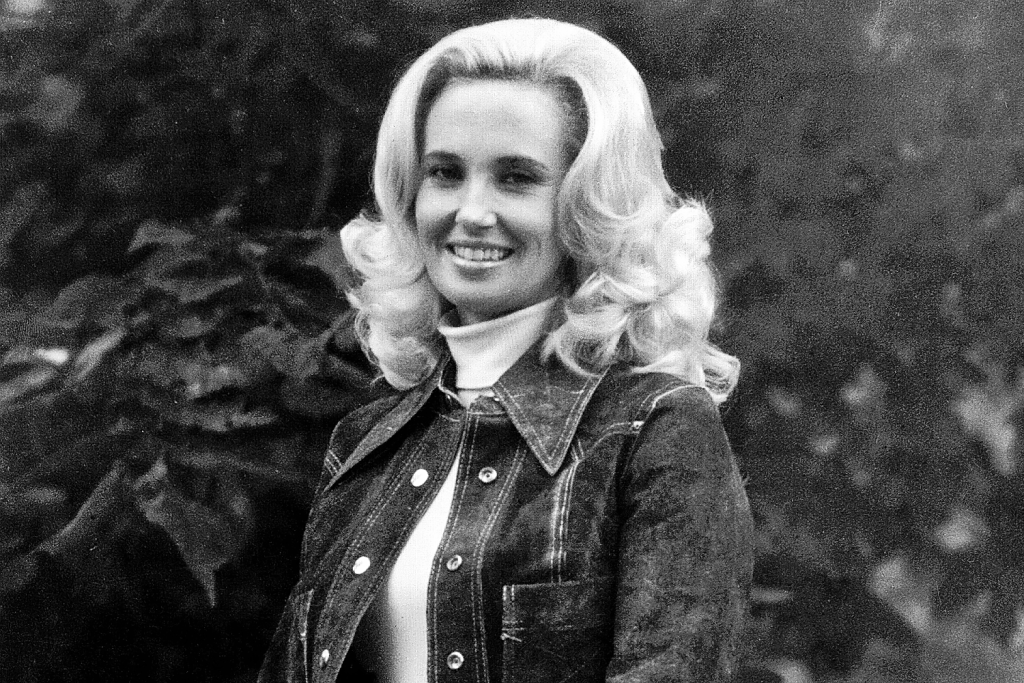
A Heartfelt Reflection on Love’s Fragility
When Tammy Wynette released “I Don’t Wanna Play House” in 1967, she not only solidified her status as a defining voice in country music but also touched the hearts of many with its poignant narrative. The song quickly climbed the charts, reaching the number one position on the Billboard Country Singles chart, marking it as her first of many chart-topping hits. This success was a testament to the song’s profound resonance with listeners who found solace and reflection in its heartfelt storytelling.
The story behind “I Don’t Wanna Play House” is as compelling as its lyrics. Written by Billy Sherrill and Glenn Sutton, the song captures the innocence of childhood juxtaposed against the complexities of adult relationships. It tells the tale of a young girl who, through her innocent play, reveals the pain and disillusionment she observes in her parents’ troubled relationship. This simple yet powerful narrative struck a chord with audiences, echoing the unspoken struggles within many families.
Tammy Wynette, often hailed as the “First Lady of Country Music,” infused her own life experiences into her performances, bringing an authentic emotional depth that few could rival. Her ability to convey vulnerability and strength simultaneously made “I Don’t Wanna Play House” more than just a song; it became an anthem for those grappling with the realities of love and heartbreak. Wynette’s tender yet powerful voice carried the weight of every word, allowing listeners to feel both the sorrow and hope embedded within the lyrics.
The significance of “I Don’t Wanna Play House” lies not only in its lyrical content but also in its timelessness. For older generations, it evokes memories of a bygone era when music was a primary form of storytelling and emotional expression. It serves as a reminder of personal stories and family dynamics that may have been left unspoken but were deeply felt. The song’s narrative reflects universal themes of loss, resilience, and the enduring impact of childhood experiences on our understanding of love.
Moreover, Wynette’s performance underscores her role as a trailblazer for women in country music, breaking barriers with her candid exploration of themes like marital discord and emotional vulnerability. Her songs often mirrored her own tumultuous life, providing a raw authenticity that resonated with many who saw their own stories reflected in her music.
Listening to “I Don’t Wanna Play House” today invites a wave of nostalgia, bringing forth memories wrapped in both joy and sorrow. For those who lived through the era of Wynette’s reign on the charts, it’s a chance to reminisce about a time when songs told stories that were raw and real. For younger listeners discovering it anew, it’s an opportunity to appreciate the enduring power of music to convey deep emotional truths across generations.
In essence, “I Don’t Wanna Play House” remains a powerful reminder of Tammy Wynette’s unparalleled ability to capture and convey the fragility of human emotions through song. It stands as a timeless piece in the tapestry of country music history—a poignant reflection on love’s complexities that continues to resonate with anyone who has ever felt the sting of heartache or witnessed the unraveling of relationships.
